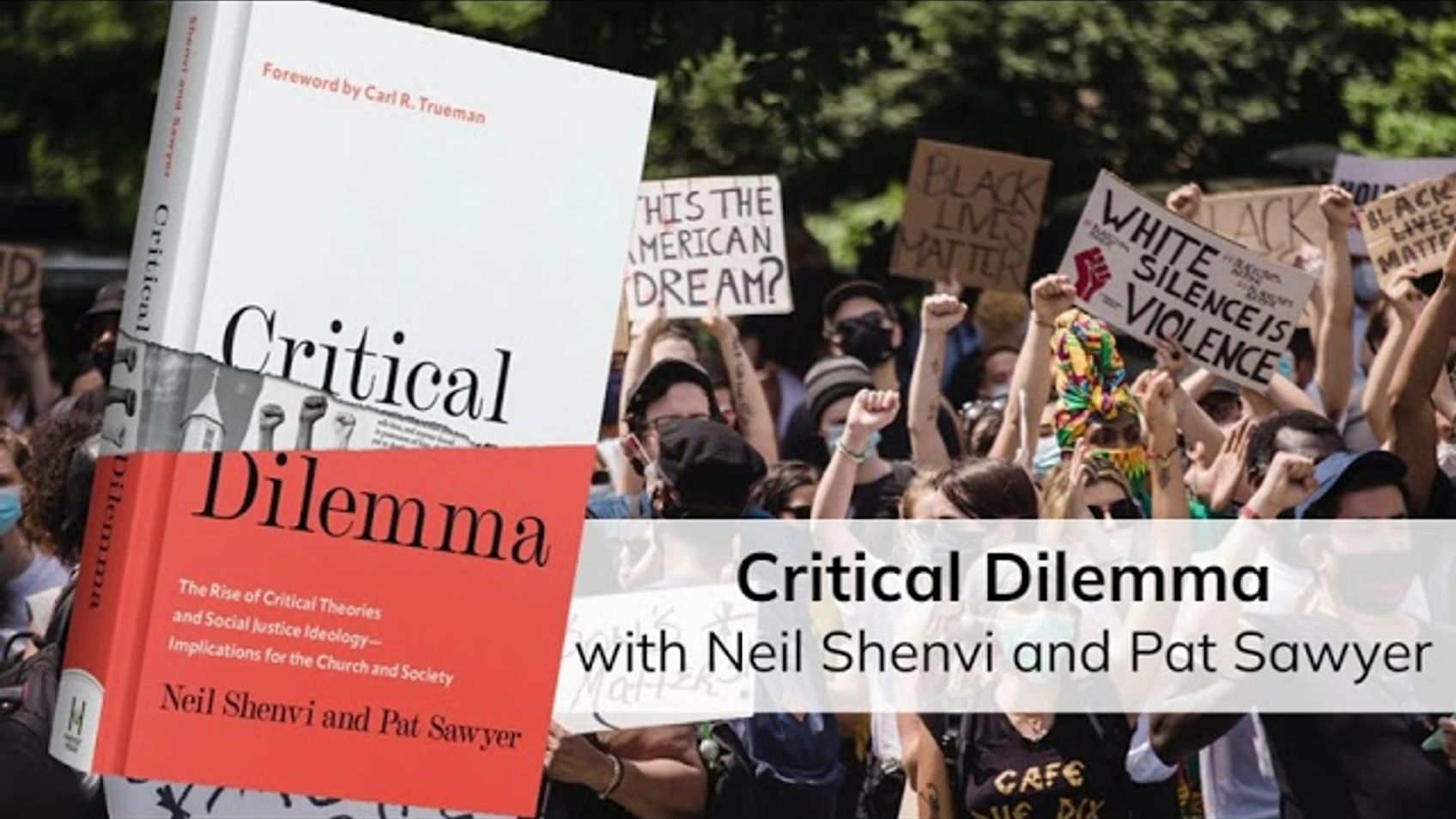Critical Dilemma (with Neil Shenvi and Pat Sawyer)

Neil Shenvi and Pat Sawyer are the authors of the recently released book, 'Critical Dilemma: The Rise of Critical Theories and Social Justice Ideology―Implications for the Church and Society': https://amzn.to/40102v2. They join me for a discussion of the book and of their concerns about rising ideological movements in churches and other Christian contexts.
If you have enjoyed my videos and podcasts, please tell your friends. If you are interested in supporting my videos and podcasts and my research more generally, please consider supporting my work on Patreon (https://www.patreon.com/zugzwanged), using my PayPal account (https://bit.ly/2RLaUcB), or by buying books for my research on Amazon (https://www.amazon.co.uk/hz/wishlist/ls/36WVSWCK4X33O?ref_=wl_share).
The audio of all of my videos is available on my Soundcloud account: https://soundcloud.com/alastairadversaria. You can also listen to the audio of these episodes on iTunes: https://itunes.apple.com/gb/podcast/alastairs-adversaria/id1416351035?mt=2.
More From Alastair Roberts
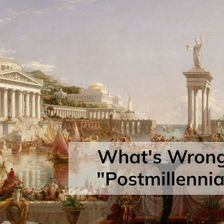
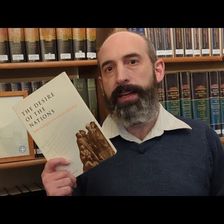
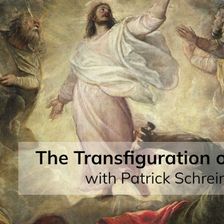
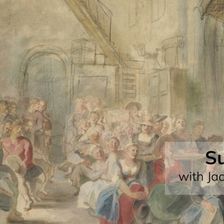


More on OpenTheo















